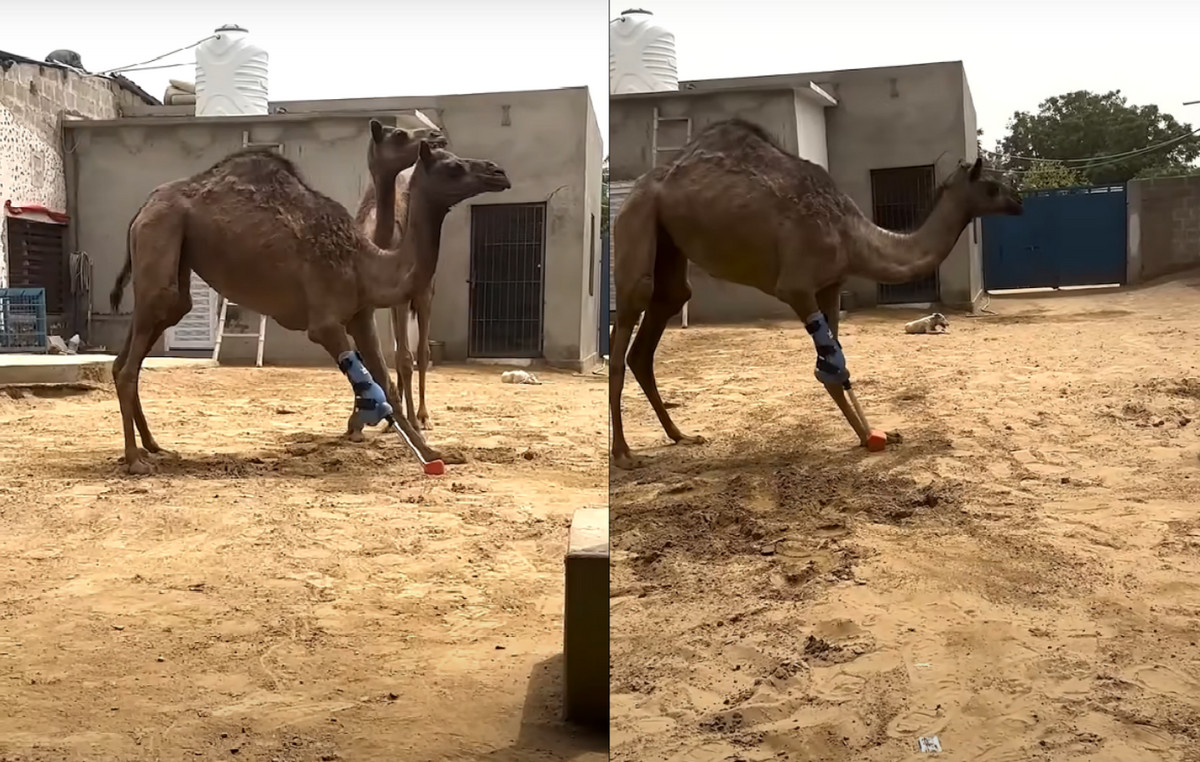More than fifty years after humans first set foot on the Moon during the Apollo 11 mission, NASA announced the goal of landing the first woman and first man of African descent on the Moon by 2024. The mission was named Artemis, twin sister of Apollo and goddess of the Moon in Greek mythology.
The Apollo missions, responsible for taking man to the Moon during the 1970s, were named after the Greek god of the Sun, prophecy, poetry, arts, music, medicine and justice.
Now, with the expected return to the Moon, the mission has also received a name full of symbolism, inspired by Greek mythology. Artemis is the twin sister of Apollo, and goddess of the Moon, chastity, hunting, childbirth and wild animals.
The Greek goddess represents throughout history a symbol of independence and female protagonism — which seems appropriate for the mission that will take a woman to a point on the Moon where no man has been, the South Pole.
When will the Artemis mission return to the Moon?
In 2020, NASA announced plans to take a woman and a man of African descent to the South Pole of the Moon in 2024.
NASA's Apollo 11 mission succeeded in landing the first humans on the Moon on July 20, 1969. Since then, only 12 people have walked on the Moon, all men and Americans, according to Bettina Inclán, the NASA communications director. NASA.
However, NASA announced on January 9 that Artemis II will not be carried out this year, as previously announced.
The delay in Artemis II, which must go around the Moon without landing on the satellite, results in the delay of the Artemis III mission, which must land with humans on the satellite — which should not occur before 2026.
Source: CNN Brasil
Charles Grill is a tech-savvy writer with over 3 years of experience in the field. He writes on a variety of technology-related topics and has a strong focus on the latest advancements in the industry. He is connected with several online news websites and is currently contributing to a technology-focused platform.







